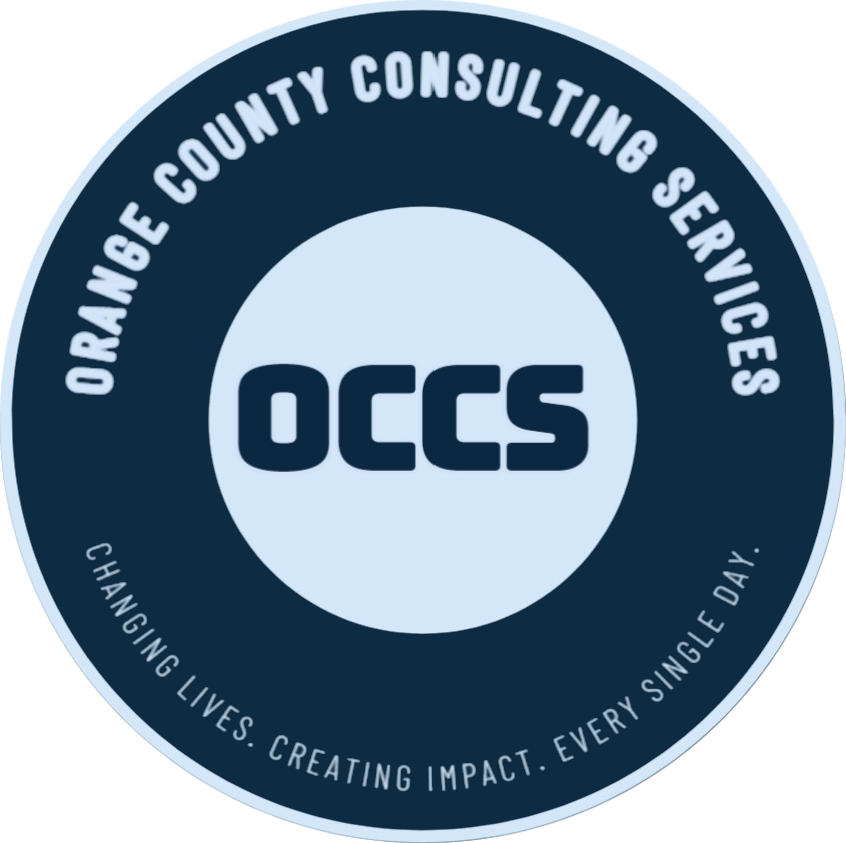Session 1
Payroll Deductions in 2021: What Can and Cannot be Deducted from an Employee’s Wages
In payroll we calculate the gross wages of an employee by meticulously following strict regulations on what must be or must not be counted as hours worked and taxable income. We pay the employee their net paycheck only by the payment method that is permitted. But what about in between? When it comes to deducting from the employee’s gross wages to achieve the net income are you also adhering strictly to the rules?
After calculating gross wages for an employee is accomplished, much more difficult decisions have to be made. What must an employer deduct from an employee’s wages? What can be deducted legally? What can never be deducted? These questions and more must be answered correctly before processing that paycheck.
Session Highlights
- Taxes—which are mandatory, which are a courtesy, and which ones the employee controls
- Child support—the limits but not beyond
- Tax levies—federal and state
- Creditor garnishments—how many can you honor and how often
Session 2
Payroll Operations Best Practices
As payroll professionals we get in the trap of keeping up with running regular payroll runs, remitting and reporting taxes to federal and state agencies and just staying compliant. This can lead to missing the bigger picture of running a smooth payroll operation. Practices a company can put into place to make the payroll process more streamlined, that allows departments to be more proactive then reactive.
Our expert speaker Dayna Reum will provide the participant the tools to be able to better review specific processes and see how new innovations can improve the payroll process. Some improvements as simple as increasing direct deposit participation but can be as complicated as vendor management. This webinar will also review best practices for looking for requesting new vendors and implementation of new vendors.
Session Highlights
- Discussion of methods to pay employees and how to implement a paperless pay system but still stay compliant with state laws.
- Review of employee self-services systems and how to maximize them.
- Understand the difference between a payroll interface and an integrated system.
- How to properly handle a request for proposal.
- Review of best practices when choosing a payroll system.
Session 3
Payroll Overpayments: Handling them Correctly in 2021
Employees can be overpaid in even the most well managed payroll department. Yes, it does happen when mistakes are made but it isn’t always the result of an error. Perhaps the employee received a sign on bonus but did not stay for the required length of time. Or the employee was advanced vacation but is now terminating before he or she has fully earned the time. No matter the reason, overpayments can and do happen and must be handled properly. The first questions that usually arise relate to IRS regulations. What is required if the overpayment occurred this year? But what if it occurred in a previous tax year, does that change the rules? Are the rules different for federal income tax than they are for social security or Medicare taxes?
Session Highlights
- We will discuss these regulations and more including the private letter ruling that governs the IRS requirements.
- We will examine the FLSA requirements on recouping overpayments including the 1998 opinion letter that spells out these requirements.
- We will also discuss how to conduct research to determine the state’s requirements for handling overpayments.
- We will review the wage and hour laws of several states and the factors that they use to determine if an overpayment can be recouped.
Please Note: This is a bundle of 3 webinars.
We also Recommend
Date
Conferences
Duration
Price
Register
Apr 18, 2023
300 Mins
$599.00
Aug 16, 2022
120 Mins
$349.00
Jul 13, 2022
120 Mins
$349.00
